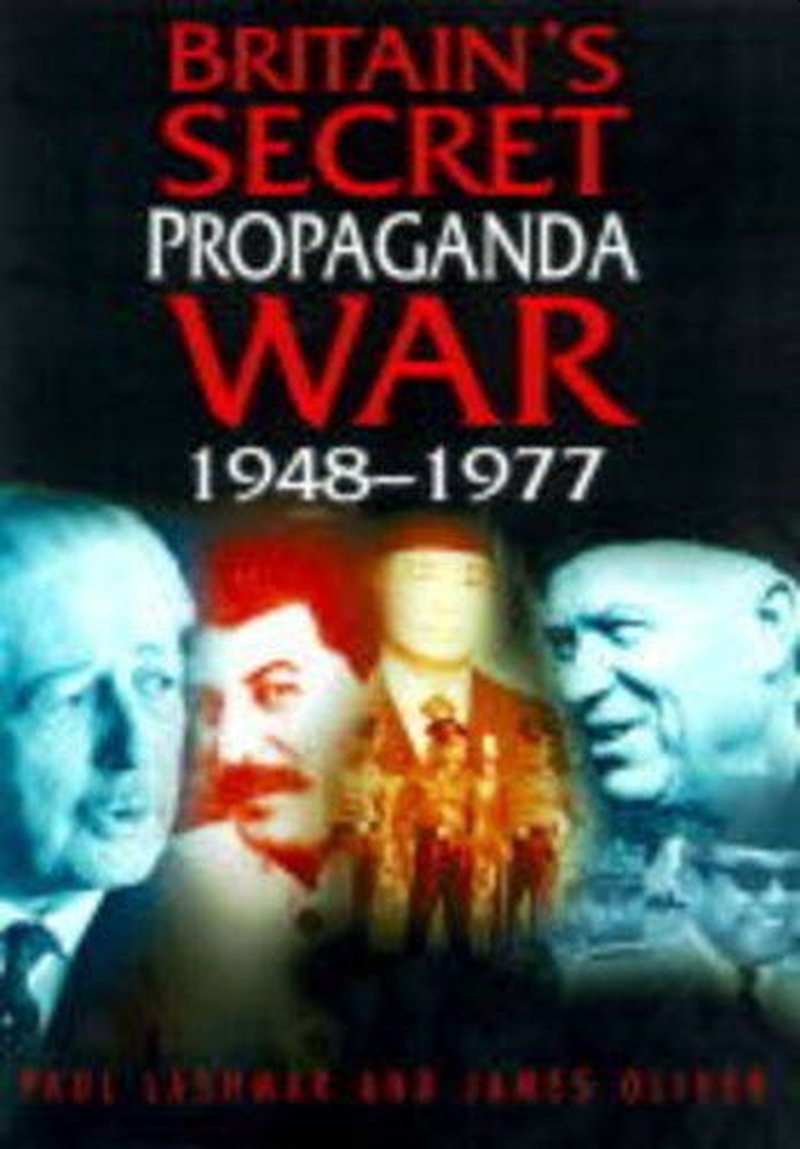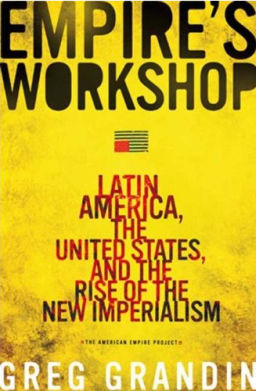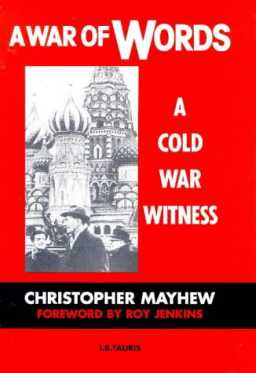Lobster Issue 13 (1987) £££
[…] the Council on Foreign Relations (CFR): “Critics of a power elite theory often call it “conspiratorial”, which is the academic equivalent of ending a discussion by yelling Communist. It is difficult to lay this charge to rest once and for all because these critics really mean something much broader than the dictionary definition of […]
Lobster Issue 26 (1993) £££
Brian Crozier HarperCollins, London, 1993 This is a very interesting book which greatly adds to our knowledge of the clandestine shaping of British politics in the 1970s and 80s. It is also a book which, like Chapman Pincher’s Inside Story, will repay repeated re-reading. But amidst all the new material a surprising amount of these […]
Lobster Issue 37 (Summer 1999) £££
[…] on IRD’s domestic operations takes that contention a good deal further forward. The authors tell us that in 1956 the Conservative MP Douglas Dodds-Parker, a former anti- communist ally of Labour Foreign Secretary Bevin, had been appointed to the Foreign Office as Under-Secretary – and apparently in formal charge of liaison with IRD.(2) Dodds-Parker […]
Lobster Issue 52 (Winter 2006/7) £££
Greg Grandin New York: Metropolitan books, 2006, $25.00 Reviewing a biography of Harold Laski in 1953,() the historian A. J. P. Taylor remarked on ‘the dilemma of our times’: that ‘no-one who believes in liberty can ever work sincerely with communists, or trust them, yet no-one who has socialism in his bones can ever […]
Lobster Issue 36 (Winter 1998/9) £££
[…] Hollis, and Norman Reddaway representing the IRD. At the end of it, Brook instructed Hollis to make available to the Foreign Office, with security collateral, intelligence about communist malpractices in the unions that could be used by IRD. This led, among other things, to the ousting of Foulkes and Haxell from the leadership of […]
Lobster Issue 46 (Winter 2003) £££
[…] Cynthia Street. 6 Cynthia Street was the headquarters of Democratic Left, which had been the beneficiary of the final struggle between the hardline ‘tankies’ and the euro- communist revisionists of the old Communist Party as the latter’s limited national influence collapsed under the enormous strain of dealing with the unravelling of the Soviet Empire. […]
Lobster Issue 51 (Summer 2006) £££
[…] to be retired to prevent further damage to the Agency. But interesting current research shows that Angleton’s politics were by no means those of the conventional anti- Communist: he appears to have been a man of convictions but these were not necessarily those of modern capitalism. These reflections derive from the work of an […]
Lobster Issue 8 (1985) £££
Dr. Anthony Glees, who wrote an interesting study of German Exile Politics in WW2 (Clarendon Press 1982) is shortly bringing out a book on Communist Subversion and British counter-intelligence 1939-45 (Jonathan Cape). Our view of that might be influenced by the fact that he has written for the new Encounter magazine. Michael Scammel, who […]
Lobster Issue 24 (December 1992) £££
[…] — a regiment of CIA agents and Labour Attachés to fund and steer the anti socialist wing of the European labour movement in the name of ‘the communist threat’. This left revisionist thesis, specifically the wide-spread belief on the European Left that the shape of post-war unionism in Europe was largely down to the […]
Lobster Issue 24 (December 1992) £££
[…] of Information searches and investigative journalism produced evidence that both Permindex and CMC were penetrated by the CIA and probably used for bank-rolling both operations and anti- Communist organisations overseas, especially in Europe. DiEugenio goes a step further and suggests that both could be linked to the ‘Gladio’ network set up in post-war Europe […]


